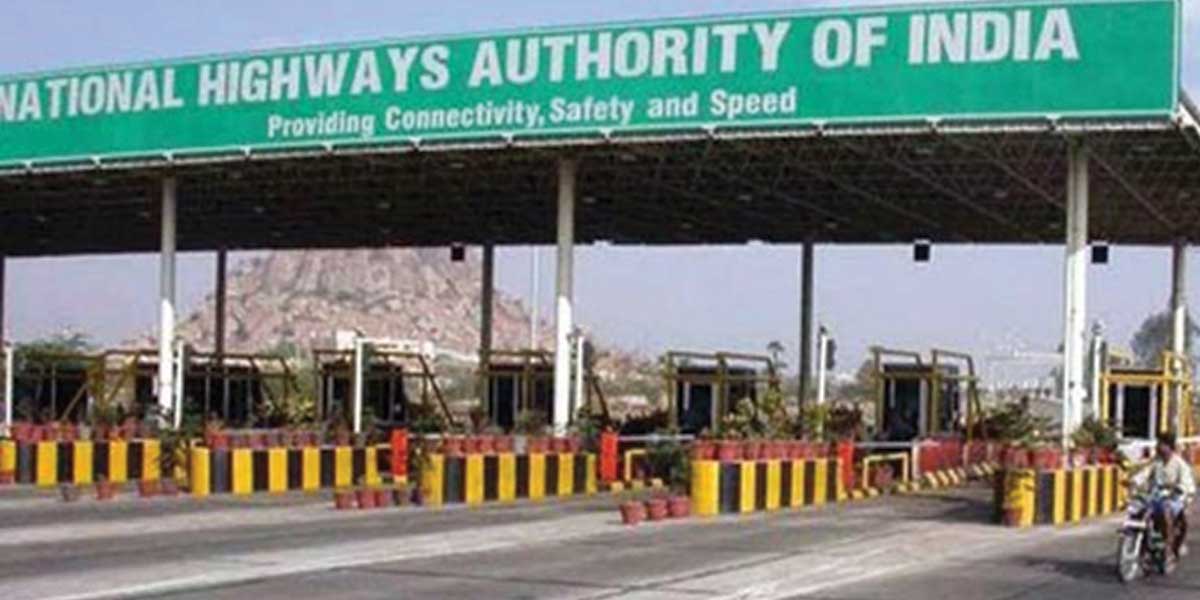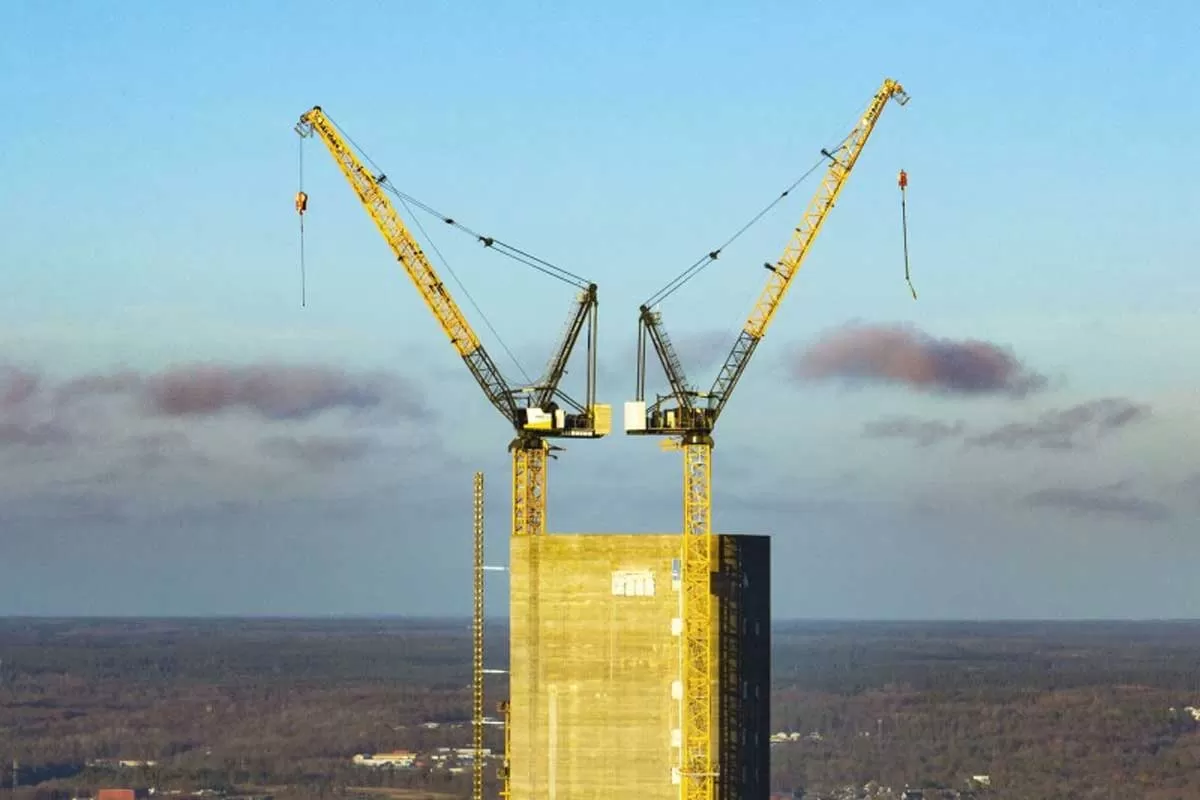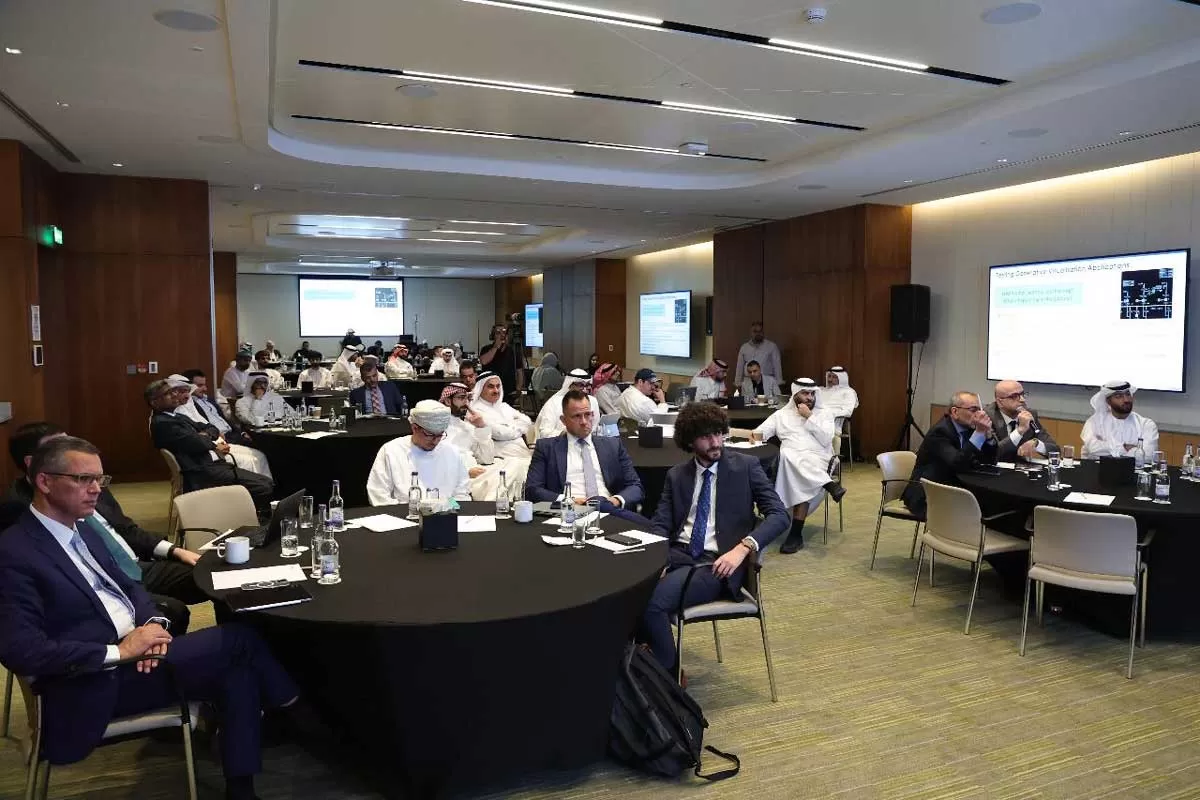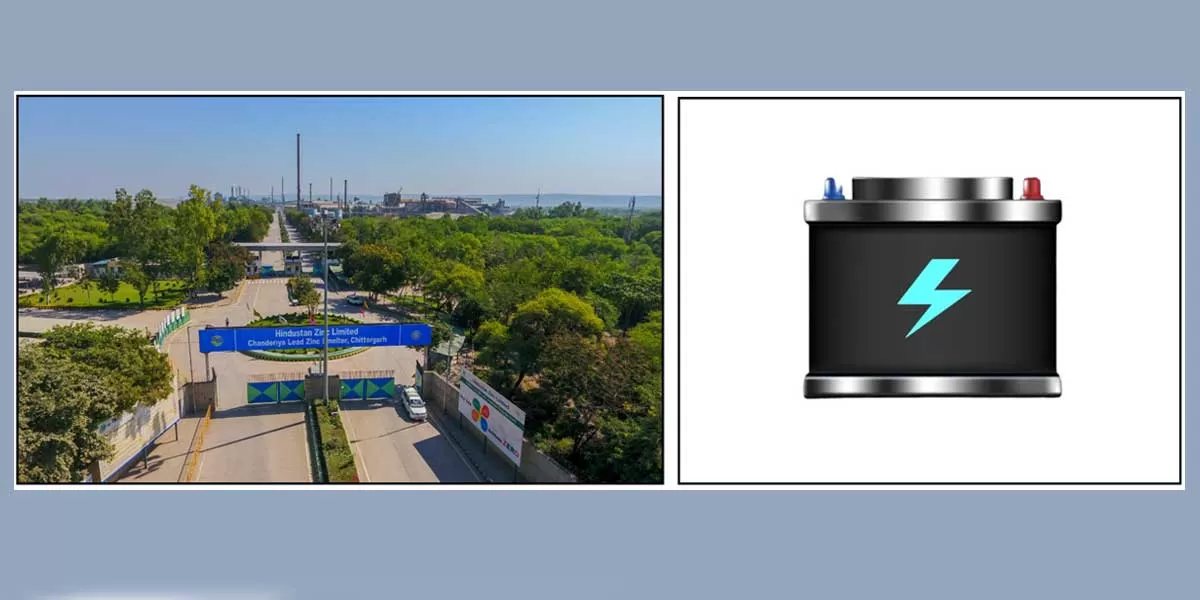
India set to be free of toll booths in two years

Liebherr Cranes Rapidly Progress on Scandinavia’s Second Tallest Tower
An impressive structure has emerged at remarkable speed in Karlskrona. Standing at a height of 200 metres, the NKT Tower 3 is the second tallest tower in Scandinavia. Two Liebherr cranes, a 542 HC-L 12/24 Litronic and a 258 HC-L 10/18 Fibre, are a key part of this ambitious construction project. The tower which is built by Skanska will be an integral part of the world’s largest high-voltage submarine cable factory, which will supply wind turbines and solar parks with essential components. Weighing 28,000 tonnes in total, the NKT Tower 3 is a feat of engineering.Liebherr Tower Crane Center an..

GCCIA Concludes AI Forum in Kuwait with Discussions on Enhancing Power
The Gulf Cooperation Council Interconnection Authority (GCCIA), concluded its two-day regional forum held on April 29–30, 2025, under the theme, “Empowering the Future Grid: Exploring the Application of Generative AI in GCC Power Systems,” which took place in Kuwait City. The event brought together a distinguished group of global technology leaders, including GCCIA, the Saudi Electricity Company, ENOWA (NEOM’s Energy and Water Company), GCC energy authorities and utilities, as well as Microsoft, NVIDIA, Oracle, and EPRI Gulf (Electric Power Research Institute), alongside representative..

Hindustan Zinc Accelerates Research in Emerging Zinc Battery Tech
Hindustan Zinc Limited, India’s only and the world’s largest integrated zinc producer, sees early breakthrough in the research of next-generation zinc-based battery technologies. The research targets delivering higher energy efficiency, improved safety and longer operational life. The company is pioneering emerging zinc battery technology to support the ongoing clean energy transition.Zinc has emerged as a powerful alternative to lithium owing to its abundance, stability and cost effectiveness. While the lithium market continues to face supply constraints and rising costs, zinc-based syste..














